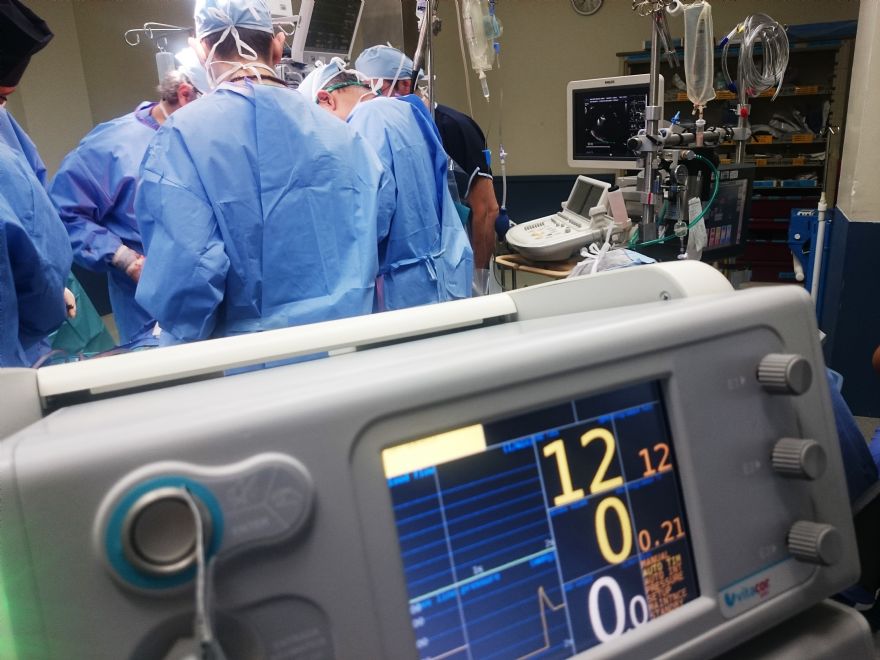 The global medical devices market
The global medical devices market will see a steady growth of up to 5.4% by 2025, not only to combat the Covid-19 pandemic, but also due to the rising incidence of chronic diseases and increasing demand for innovative therapies in the healthcare sector, according to a new a new Fortune Business Insights report.
One of the major ingredients of medical devices is metal components. To meet surging demand for devices in the UK and abroad, the metalworking industry needs to undertake
strategies that will boost their efficiency while maintaining a safe environment for workers.
Rigorous casting inspectionsManufacturing medical devices is a complex and intricate process. It not only involves sourcing raw materials, but also includes a delicate procedure to manufacture parts that are part of larger and more complex systems. Therefore, metal casting inspections are highly important to ensure their integrity and to
comply with regulatory processes.
In this regard, employing a
borescope with articulating head is the most-efficient and quickest way to check the interior of metal castings. It can inspect burrs and defects that would otherwise be difficult to visualise and as a result maintain quality levels throughout the production run.
Without thorough inspections, quality control of products would be compromised. They can also prevent further problems down the road by preventing flawed components from entering the marketplace, reducing the probability of recalls and even lawsuits. Moreover, quality control inspections at the point of manufacture enables clients to scrutinise the castings themselves before completing the production process.
Technology adoptionTechnology is changing at a rapid pace, affecting everyone from consumers to industry. Advancements in the metalworking industry offer a range of new opportunities that can optimise efficiency and reduce overhead costs. For example, 3-D printing has been limited, in recent years, to the plastics industry.
Metal 3-D printing is a difficult task in comparison. Today, technological advancements have paved the way for new machines to 3-D print metal parts that are used in the medical, automotive and aviation sectors.
Industry is also now utilising artificial intelligence to automate tasks, such as pricing and customer support. High-speed machining can also help in manufacturing precise parts faster, improving a company’s productivity.
Protection in the workplaceIt is estimated that there are 291,000 people employed by the industry in the UK, according to a recent Allianz report. Now more than ever, as the world battles Covid-19, it is critical to protect the health of workers, for without them, it is not possible to meet production demands and targets.
Safety and health protocols must be put in place to make the workplace a safe environment for everyone. Actions such as use of sanitisers, protective personal equipment, and even rotating shifts can prevent viral transmissions and other infectious diseases from circulating among the workforce, while occupational hazards such as injuries caused by faulty machines can be reduced through regular inspection and maintenance.
To sustain the business and meet a customer’s expectations, it is vital for manufacturers to produce accurate products and comply with delivery requirements.
Given the increasing demand for medical equipment, companies can respond to the challenges by enforcing rigorous casting checks, adopting relevant technologies, and ensuring that the workplace is safe.